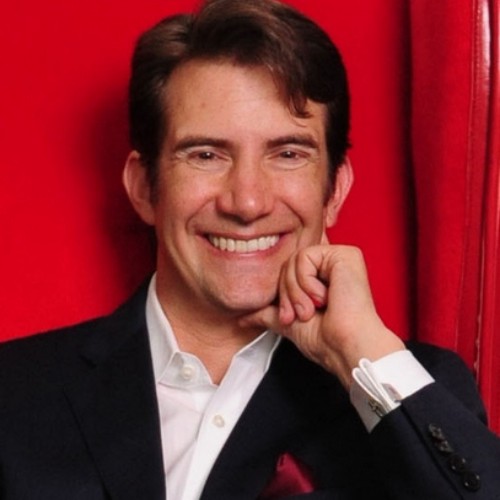For over a decade surveys from a wide range of industries have consistently found that far too many Americans just aren’t that engaged at work. In a world where most of us spend most of our waking hours working, this is a real problem.
To get some perspective on this age-old challenge of fixing work I had the opportunity to sit down one-on-one with Henry Albrecht, Founder and CEO of Limeade at the annual Limeade Engage conference in Savannah, Georgia.
Dr. Woody: So, at the opening of the Limeade conference you made the statement, “The world of work is broken.” What do you mean by that?
Henry Albrecht: First of all, I think the evidence is pretty clear that employee engagement hasn’t really changed in the last 10 or 15 years, despite amazing advances in technology, machine learning, robotics, science and healthcare. Despite all this stuff and so much innovation, people still don’t like their jobs.
I think part of it is focus. We have to actually acknowledge that people don’t love their work; not the problem of profits and loss or how many widgets are we creating, or what kind of insights are we generating per energy unit or computing power unit. But, why don’t people find more meaning in their work and why aren’t they feeling better and living better?
Dr. Woody: So, why is work broken?
I think if you dig deeper, you’ll realize that people are the engines of all of the numbers, profit sheets, and market shares, but we don’t think of them strategically enough and intentionally enough.
You have to ask what really drives sales in a store? How much of that is driven by the attitudes of the people manning that store? Is the store manager or the people who are on the front lines writing your name with a smiley face on the paper cup or maybe without the smiley face? And what does a smiley face have to do with how much you sell?
Dr. Woody: How do we get leaders to think differently?
Henry: If you want to have a really strategic discussion about long-term success, you have to include what you are doing in your culture to create a great company. What are you doing to set yourselves up with the people and processes around those people to be a great culture that will create innovations, the kind of innovations that probably won’t pay off until next year or the following year. That long-term focus is totally missing from a lot of businesses, which leads to bad results.
Dr. Woody: That said, how do we get leaders to focus on the human side of business?
Henry: We used to say treat people like people. It’s weird that you even have to say that. But, a lot of us weren’t trained to treat people like people. We were trained to treat people as objects on our way to our own personal success.
Leading is about trust and trust is mutual. You have to be both trusting and trusted. I don’t know if most managers have built up enough trust and shown enough empathy to have that discussion. If you aren’t having those discussions, you don’t have trust. In fact, the next question after hearing one of your team members tells you they are fine is to say, “I don’t believe you. You don’t look as happy as you say you are.”
What you want is for someone who works for you to be able to say, “I’m really struggling in this new role and I don’t know if I have the knowledge and skills to do a great job.” That’s a vulnerable thing to say and you have to listen with empathy.
One thing I try to start all my meetings with, unless I’m overly busy and I screw it up, is the question: How are you? Really, how are you?

